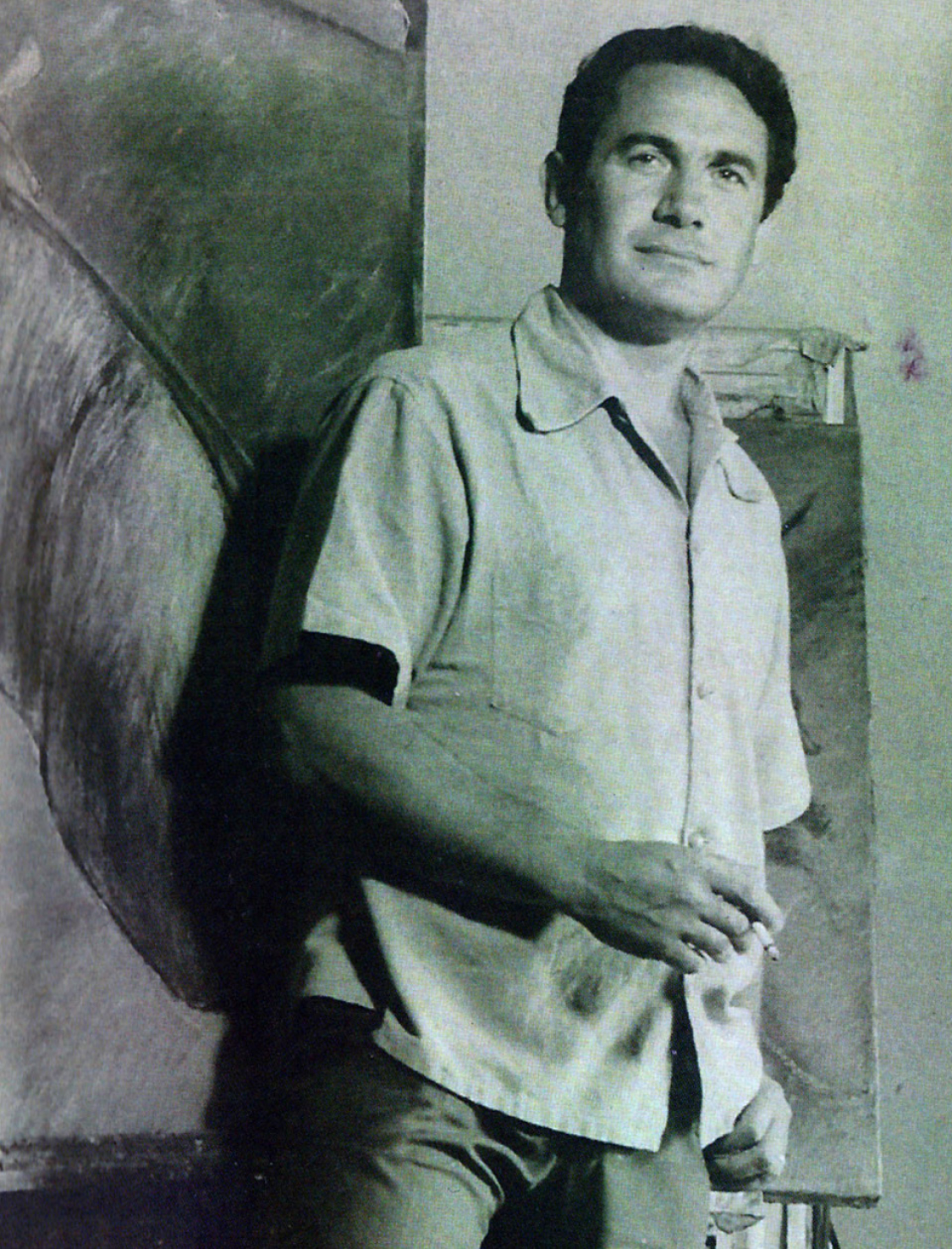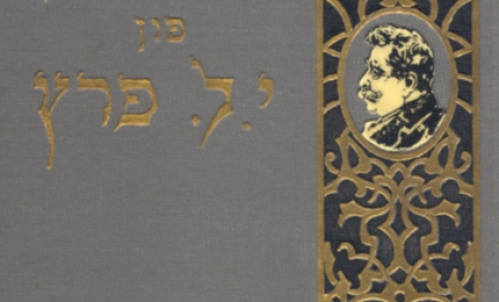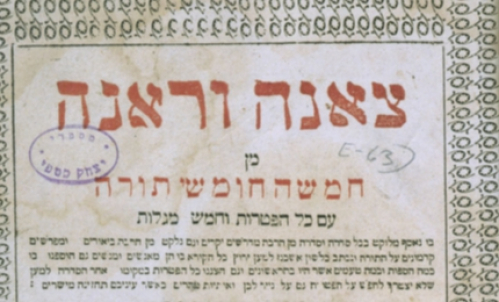Yonia Fain: With Pen and Paintbrush

|
A film in the series Worlds within a World: Conversations with Yiddish Writers
A film by Josh Waletzky
Produced by the League for Yiddish Event cosponsored by League for Yiddish and the YIVO Institute. Admission: Free |
Join us for a filmed interview with writer and painter Yonia Fain conducted by Sheva Zucker, entirely in Yiddish with accurate and complete English subtitles, enhanced by photos and music.
“We know of only a few artists who have been able to express with emotional intensity and sensitivity the tragedy they experienced. Yonia Fain is among these rare exceptions. Everything experienced by the artist in the days of suffering and flight which took him more than halfway around the world is contained in his paintings and drawings. From this very fact results their high aesthetic quality, along with their complete sincerity and spontaneity. His paintings have the swift force of their themes. And as life attacked and shook him, so he seems with his brush to attack the canvas.” —Diego Rivera
Writer and painter Yonia Fain (1914-2013) is one of those unique figures whose life story encapsulates a piece of Jewish history. Born in Kamentsk-Podolsk, he left it in 1924 at age 10 when his father, a Menshevik, took the family first to Warsaw and then to Vilna to escape war and political unrest. From his youth Fain has expressed himself both as an artist and a writer. Both his art and writing which focus on the anguish and injustice of the 20th century have been shaped by his deep personal and political commitments. As a young man living in Warsaw, he worked for the Jewish Labor Bund as it sought to build a resistance against the Germans and the fascist Poles.
During the war Fain sought refuge in Kobe, Japan, and then in Shanghai, China for six years. There he painted and wrote poetry. His first volume, A tlie unter di shtern (A gallows under the stars), came out shortly after he emigrated to Mexico in 1947. In Mexico he taught Yiddish literature and attracted the attention of the artist Diego Rivera, who arranged an exhibit of his paintings at the prestigious Palacio de Bellas Artes. Fain's mural dedicated to the victims of the Holocaust still hangs in the Pantheon Israelita in Mexico City.
In 1953 Fain moved to New York where he became a professor of art at Hofstra University until his retirement in 1983. He also achieved great prominence as a Yiddish writer, publishing two volumes of poetry, Gute orkhim (Good guests, 1983), Der finfter zman (The fifth season), and a collection of short stories, Nyu-yorker adresn (New York Addresses, 1995). In 1991 he won the coveted Manger Prize for Yiddish literature. He has published widely, both poetry and prose, in major Yiddish journals such as Di goldene keyt, Undzer tsayt, and Di tsukunft which he edited for many years.
Fain was a truly modern writer whose desire to erase the borders between poetry and prose, dream and reality, painting and writing is often powerfully represented in his work.

